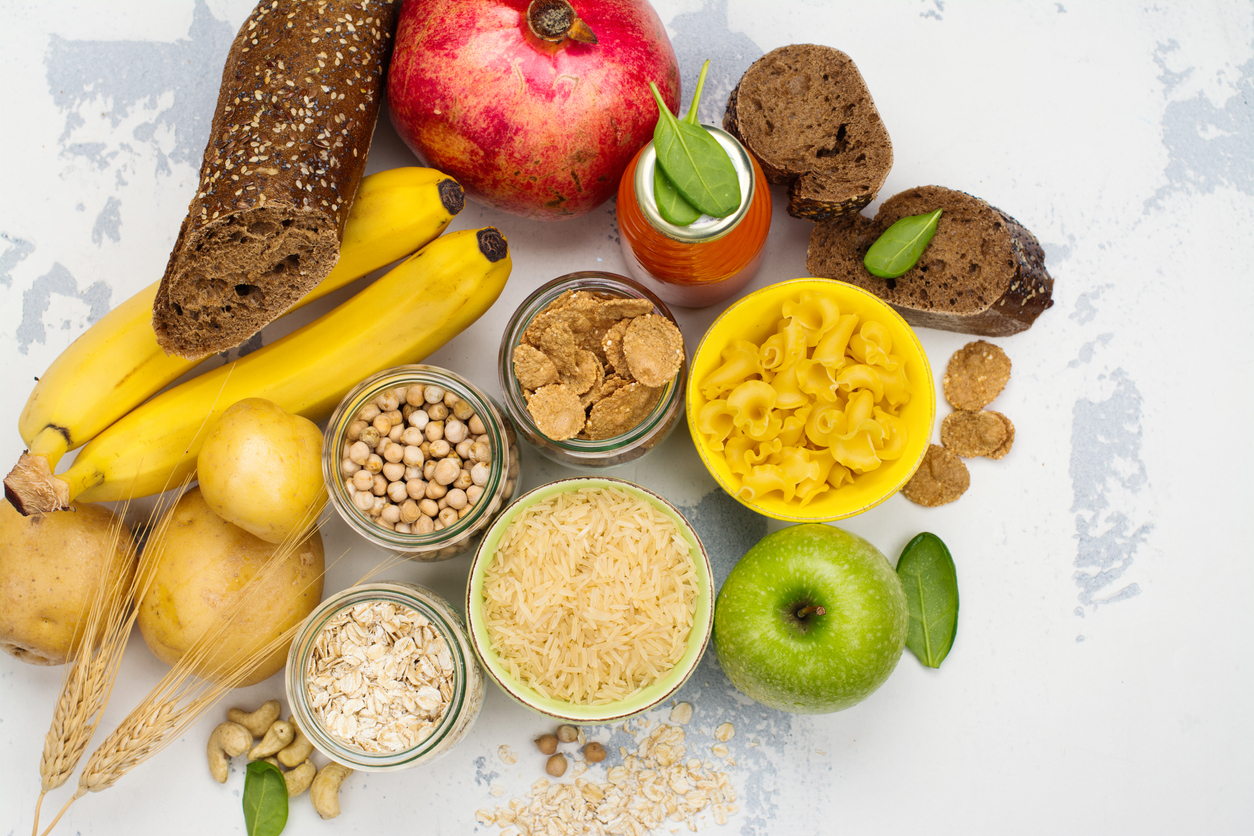Complex Carbs: Why You Need Them For Workouts
The more complex the carb, the better.
That’s a rule of thumb when it comes to carving up and working out.
Eating these healthy nuggets of fiber can aid you in your workout regimen, keep your young and healthy, and help you with both weight loss and muscle growth.
Let’s take a step back for a second: What are complex carbs? How are they different from other carbs? Do they really need them for your workout? We’ve got the answers for you below:
Complex Carbs = Simple Results
What are complex carbs?
Firstly, let’s first acknowledge that carbs (carbohydrates) are a major macronutrient (alongside protein and fat) that help fuel your body. It’s a natural source of energy, but as time has gone on, it has become, to some degree, not as healthy as it should be.
Known as ‘simple carbs’, these are processed and heavily sugared foods that give you a bounce of energy but are actually unhealthy in the long-term, resulting in weight gain, diabetes, and other health issues.
Complex carbohydrates, on the other hand, are what proper carbohydrates should be: healthy, starchy with lots of fiber to promote bowel regularity and control cholesterol. It’s the healthiest option available in terms of carbs.
How are they different from other carbs?
In most situations, simple carbs come from processed foods that have a lot of added sugars (such as raw or brown sugar, corn syrup, and high-fructose corn syrup, glucose, fructose, and sucrose) and also artificial sweeteners (such as aspartame).
These include baked or packaged treats (such as candy), fruit juice concentrate, canned fruit, breakfast cereal, white bread, and basically cheaply made food.
Complex carbohydrates are natural, with minimal sugar and no additives, are grown organically, and are wholesome. In essence, they’re the opposite of simple carbs: real, actual food.
Eating them as part of a regular diet can produce long-term healthy results:
- Whole grains, such as quinoa, buckwheat, whole-wheat pasta, whole wheat bread, corn, oats, and brown rice.
- Fiber-rich fruits, including apples, berries, and bananas, and vegetables, including broccoli, leafy greens, and carrots.
- Beans, such as chickpeas, red or kidney beans.
- Nuts and seeds, including peanuts, walnuts, almonds, pecans, and cashews. And yes, pure organic 100% natural nut butter does count as well.
Choosing the right carbs won’t be easy: you have to conduct some research, keep an eye on nutrition labels and focus on making healthier choices, particularly for your exercise routine. We’ll explain why below.
Do they really need them for your workout?
Both yes and no.
For the former, complex carbs fuel your body before an intense workout (you’ve likely heard the term “carbo-loading”). You want to get your energy levels up, so you have some ready fuel for your body to burn. Complex carbs give you that long-term energy that helps you sustain your levels. Simple carbs will provide you with a bounce but result in you crashing down to the ground sooner rather than later.
It also goes against the grain of what you’re actually doing: you’re working out to get fit and healthy, yet eating poor food beforehand. It’s a contraction that won’t help you obtain the results that you want.
You can also eat complex carbs after your workout. These foods help repair and regrow the damaged tissue while restoring your energy levels so you can keep going with your day. Adding in these foods with healthy fats (avocado!) and protein (lean fish or chicken anyone?) can help boost your metabolism and increase amounts of the feel-good hormone serotonin, improving your mood and keep your blood sugar steady.
As for the latter “no” answer, you don’t need to have complex carbs to workout. You can still work out at a higher intensity without them; it just won’t give you the support that you need in the long-term. People on Keto or low-carb diets have fewer carbs in their body and still workout as normal, generating high-end results.
However, it might be best to consider having some carbs in your body (yes, we’re referring to complex carbs specifically) as they provide you with many of the vitamins and minerals we need for day-to-day healthy living.
Ultimately, it comes down to what you want.
Do you want to get ripped? Or do you want to stay healthy while maintaining a healthy body? It is recommended that you speak to a personal trainer (like our fans at Dream Fitness) about creating a diet and exercise plan that considers your goals while ensuring you have diverse meals – with or without complex carbs!


